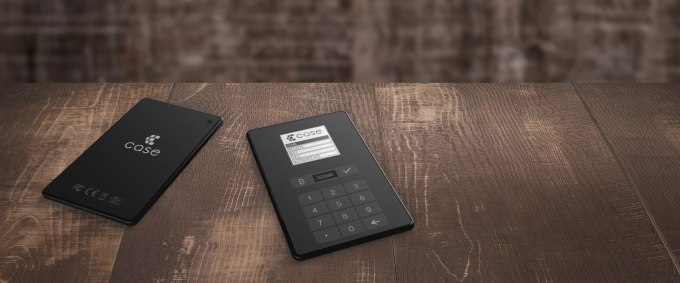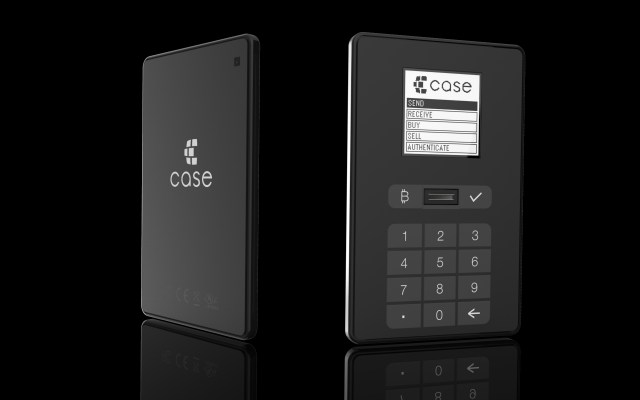CryptoLabs, a new bitcoin technology development startup, is launching with their first device, a bitcoin hardware wallet that allows users to store buy, send, sell and receive the digital currency.
Melanie Shapiro, a serial entrepreneur whose last company — Digbsy — was sold for a tidy sum, founded and financed CryptoLabs using her own money.
According to Shapiro, the hardware wallet solves several problems. “Security and ease-of-use are a huge problem in the bitcoin space,” Shapiro says. “We are the most secure option because we’re a piece of dedicated hardware. We use multi-sig authentication. There are three keys and each of those keys is stored in a different location.”
The first bitcoin wallets were software that ran on laptops and mobile phones and as with any general-use device, things can happen, says Shapiro. People have lost bitcoin stored on hardware because tehy spilled soda on their device, dropped their phone in water, or were hacked.
When wallets moved to the cloud, security improved thanks to the use of dedicated servers with regular backups and improved features like two-factor authentication. However, using a secure cloud wallet to send bitcoin involves a time-consuming process that makes the crypto-currency much more difficult to use than a credit card or other payment option. Shapiro says the pursuit of security has created complexity and led to an extremely cumbersome experience, destroying any incentive for the average user to adopt bitcoin.
The device is equipped with a fingerprint scanner and a camera to ensure access, keys to access wallets are embedded in a device, located on a specific server and stored in cold storage (access to each key is secured by different layers of authentication).
Because the device is GSM-enabled, the wallet can be used in over 60 countries, and since it can fit in your pocket, Shapiro argues that it may be the first Bitcoin wallet to replace your actual wallet.
The device retails for around $200, with a high sticker price that Shapiro justifies by pointing to all of the hardware on the device. It’ll be available for pre-sale in December and is headed out for its first small-batch manufacturing run in the next two weeks. Once the devices are certified, CryptoLabs will open them up for sale.
CryptoLabs currently has 12 employees and has been developing the product for roughly the past year.
“When you’re using one of the cloud wallets, if you’re using it on your computer, the computer itself is vulnerable because it’s open to hackers or malware,” Shapiro says. “Any software that you’re using on a device, means you’re opening yourself up to hackers and theft.”

